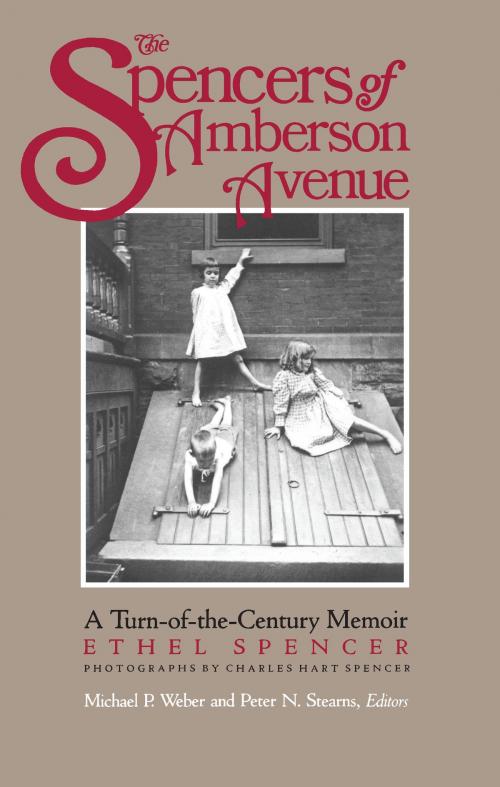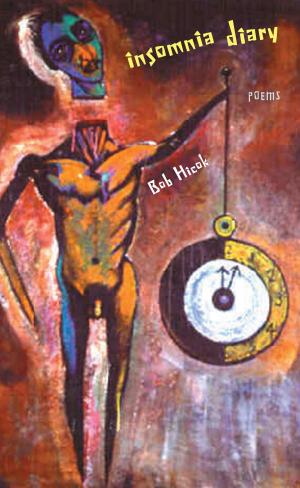The Spencers of Amberson Ave
A Turn-of-the-Century Memoir
Biography & Memoir, Historical, Nonfiction, History, Americas, United States| Author: | Ethel Spencer | ISBN: | 9780822971344 |
| Publisher: | University of Pittsburgh Press | Publication: | October 15, 1983 |
| Imprint: | University of Pittsburgh Press | Language: | English |
| Author: | Ethel Spencer |
| ISBN: | 9780822971344 |
| Publisher: | University of Pittsburgh Press |
| Publication: | October 15, 1983 |
| Imprint: | University of Pittsburgh Press |
| Language: | English |
This appealing memoir introduces the family of Charles Hart Spencer and his wife Mary Acheson: seven children born between 1884 and 1895. It also introduces a large Victorian house in Shadyside (a Pittsburgh neighborhood) and a middle-class way of life at the turn of the century.
Mr. Spencer, who worked--not very happily--for Henry Clay Frick, was one of the growing number of middle-management employees in American industrial cities in the 1880s and 1890s. His income, which supported his family of nine, a cook, two regular nurses, and at times a wet nurse and her baby, guaranteed a comfortable life but not a luxurious one. In the words of the editors, the Spencers represent a class that "too often stands silent or stereotyped as we rush forward toward the greater glamour of the robber barons or their immigrant workers."
Through the eyes of Ethel Spencer, the third daughter, we are led with warmth and humor through the routine of everyday life in this household: school, play, church on Sundays, illness, family celebrations, and vacations. Ethel was an observant child, with little sentimentality, and she wrote her memoir in later life as a professor of English with a gift for clear prose and the instincts of an anthropologist. As the editors observe, her memoir is "a fascinating insight into one kind of urban life of three generations ago."
This appealing memoir introduces the family of Charles Hart Spencer and his wife Mary Acheson: seven children born between 1884 and 1895. It also introduces a large Victorian house in Shadyside (a Pittsburgh neighborhood) and a middle-class way of life at the turn of the century.
Mr. Spencer, who worked--not very happily--for Henry Clay Frick, was one of the growing number of middle-management employees in American industrial cities in the 1880s and 1890s. His income, which supported his family of nine, a cook, two regular nurses, and at times a wet nurse and her baby, guaranteed a comfortable life but not a luxurious one. In the words of the editors, the Spencers represent a class that "too often stands silent or stereotyped as we rush forward toward the greater glamour of the robber barons or their immigrant workers."
Through the eyes of Ethel Spencer, the third daughter, we are led with warmth and humor through the routine of everyday life in this household: school, play, church on Sundays, illness, family celebrations, and vacations. Ethel was an observant child, with little sentimentality, and she wrote her memoir in later life as a professor of English with a gift for clear prose and the instincts of an anthropologist. As the editors observe, her memoir is "a fascinating insight into one kind of urban life of three generations ago."















